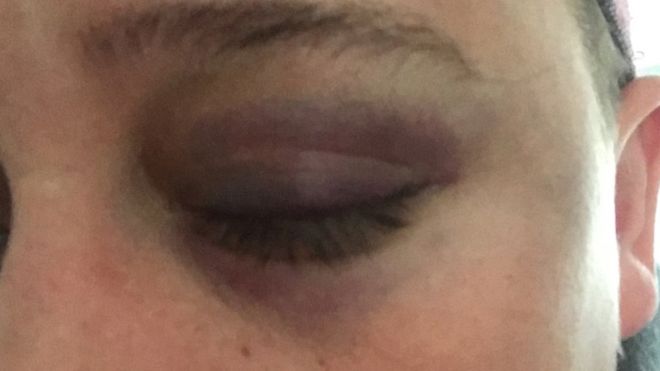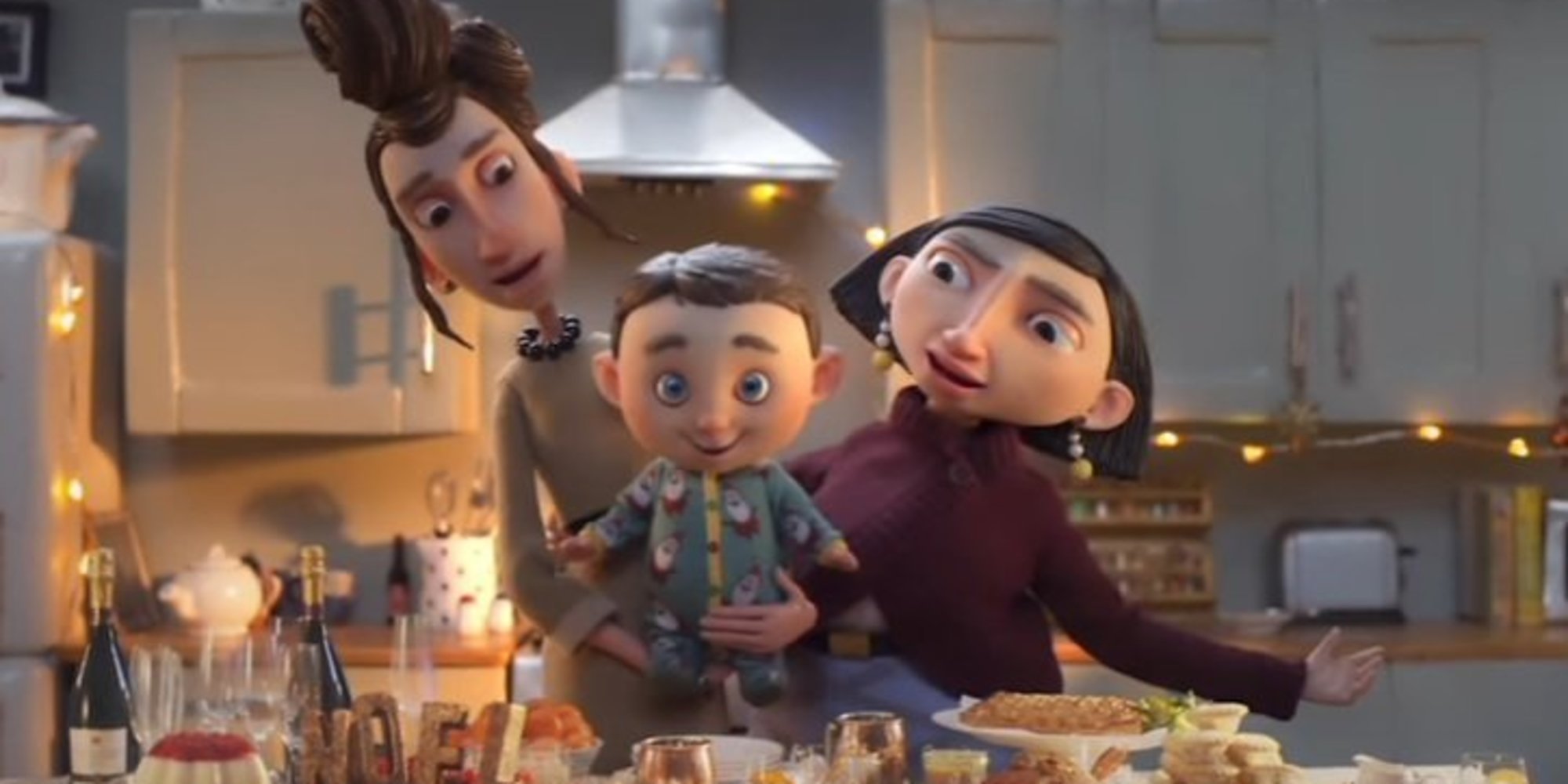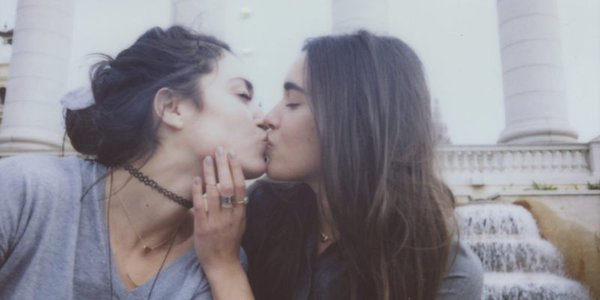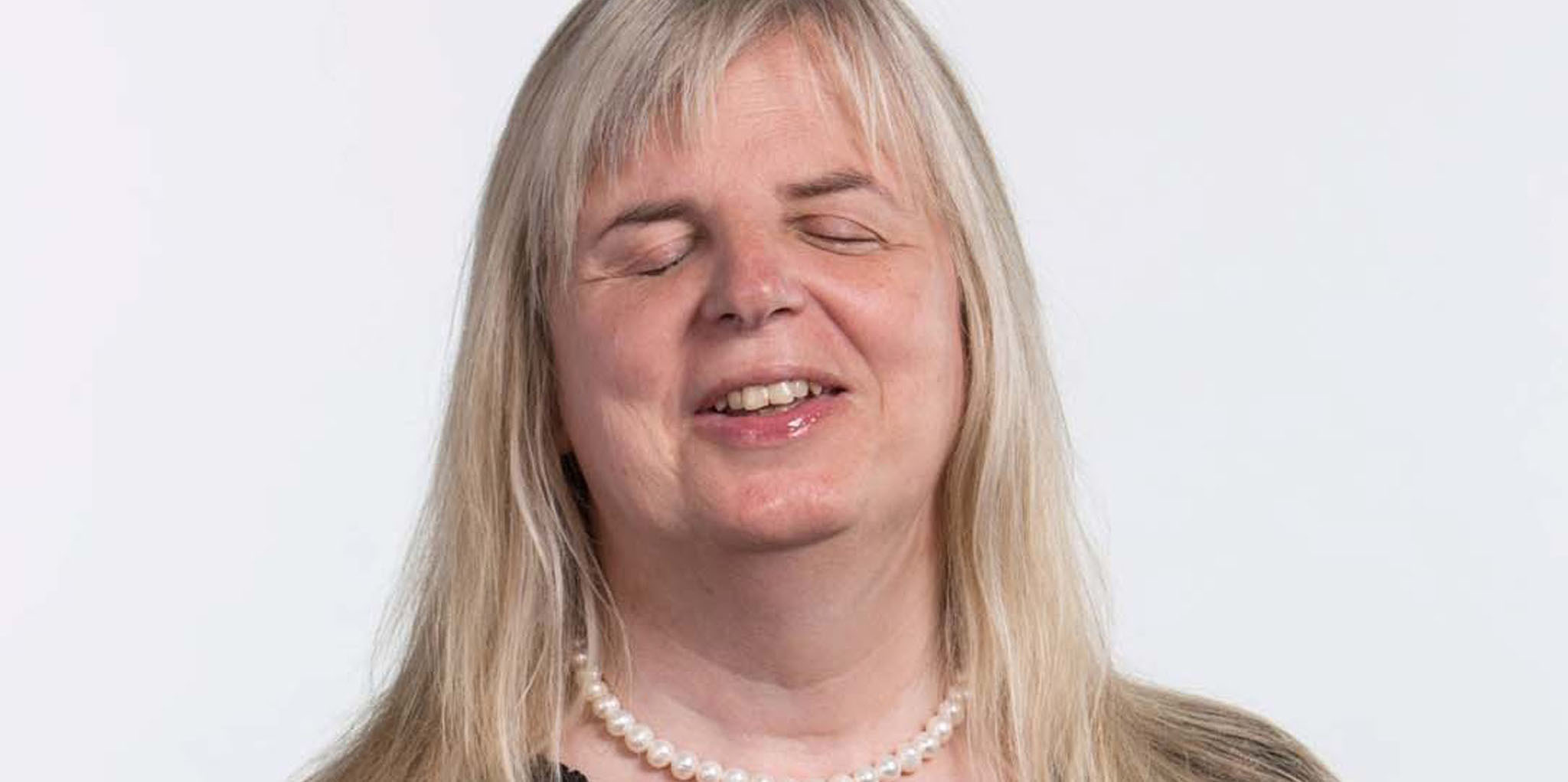A group of five lesbians were set upon by more than 15 men in a homophobic beating outside of a club this weekend.
According to a report from the Portsmouth News, the victims were set upon by seven men who shouted homophobic abuse before kicking and punching them.
One woman lost seven teeth when she was punched in the face.
The women, who wish to remain anonymous, said others in their group were punched, kicked and stamped during the assault on Kingston Road.
In a joint statement, they said:
This was a brutal homophobic attack on innocent women trying to get home after a night out.”
The group said they were singing “I’m in the mood for dancing” as they walked home from a karaoke night in the North End area of the city when a man ran towards one of them, a 25 year old, and punched her in the temple.
When her 23-year-old friend tried to come to her aid, she was hit in the face, knocking out seven of her teeth and breaking her jaw.
One woman said she feared she would die from the attack, another lost seven front teeth from a single punch and a third had a fit after she was left bleeding.
A 32-year-old woman “was quickly surrounded by seven men, she tried to cover her face while being hit and grabbed as another woman pleaded for them to stop,” the women said.
Once they had finished attacking [her], they threw her against the shutters on which she was previously beaten.”
She was left with extensive bruising to her breasts and upper body.
The victims said the men then attacked a 27-year-old woman who had tried to intervene.
She was kicked to the floor, following this her head was stamped on.”
Another woman, 21, was punched, leaving her with a black eye.
The 25-year-old victim also sustained a black eye, as well as bruised kidneys and liver and a dislocated knee and shoulder.
The group added:
All involved have been left with injuries and many left emotionally scared. We are angered but overall we are fiercely upset. Innocent women trying to get home to their families should not be disgustingly attacked due to being homosexual.”
A police spokesperson said that the “altercation between two groups” is under investigation and that four men were arrested but released.
Those men are still under investigation.






